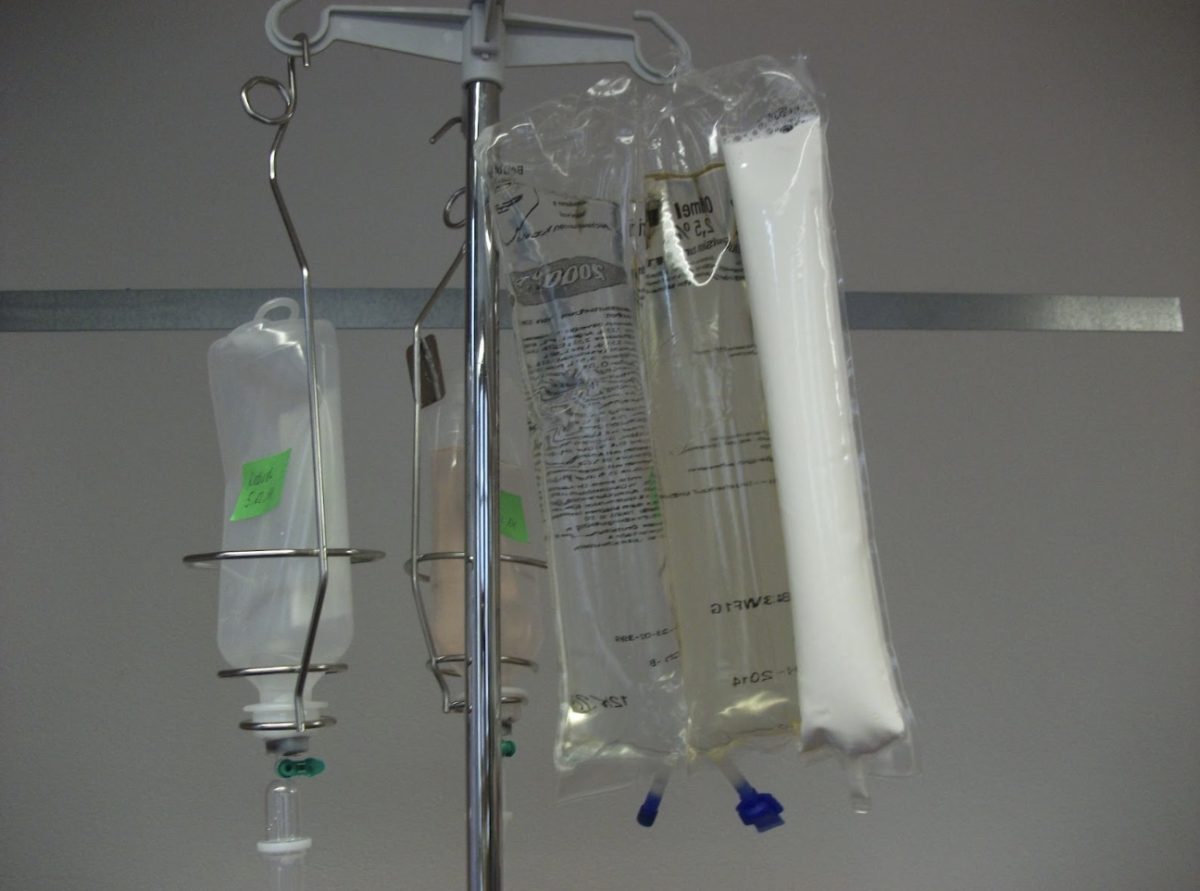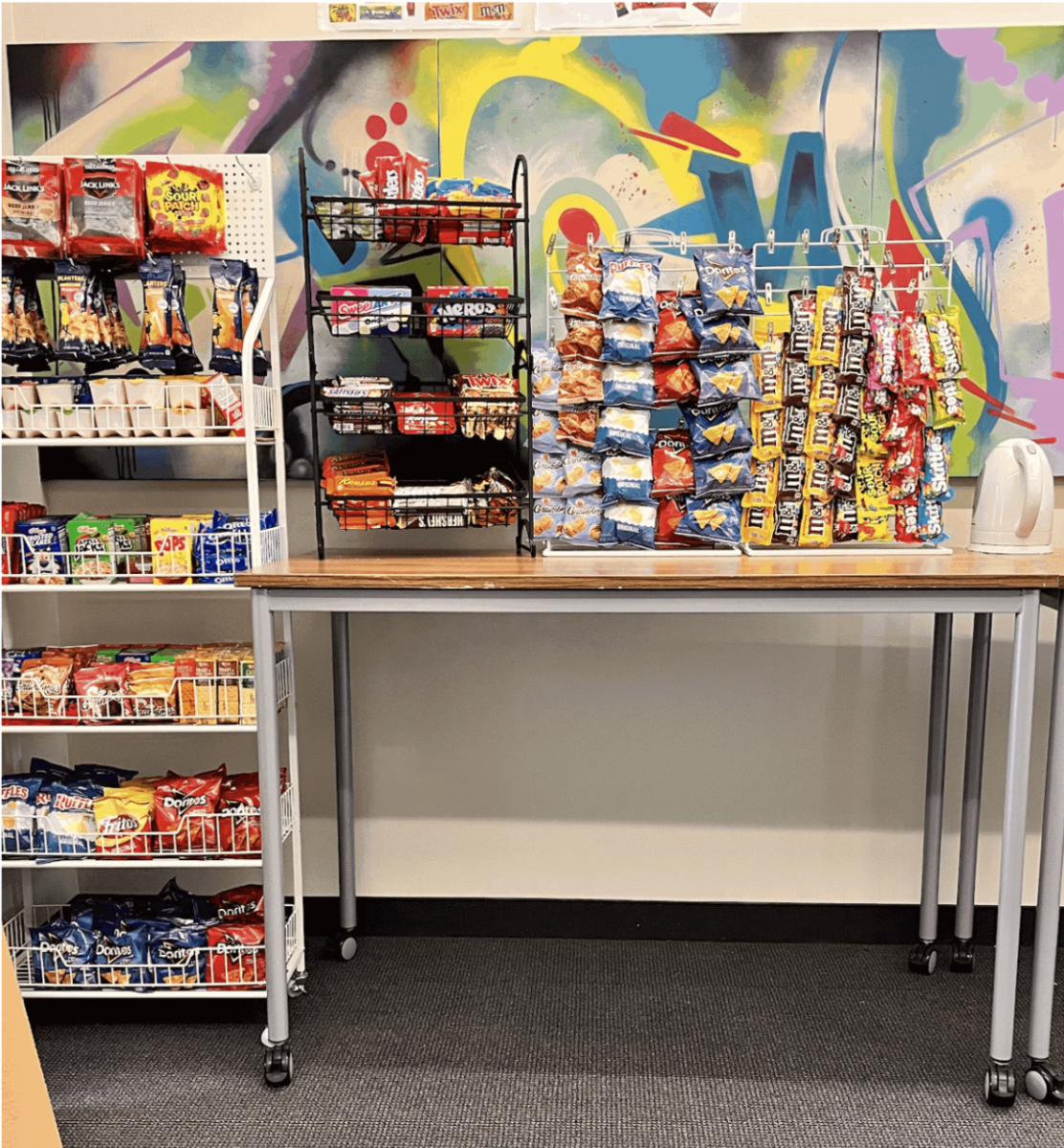Hurricane Helen—a category four storm—made landfall in Florida, Georgia, South Carolina, and North Carolina this past Sept., wreaking havoc on the lives of many Americans and causing major destruction in the area. The storm destroyed a plant in North Carolina that supplies a significant amount of the US’ intravenous solutions, creating a massive nationwide shortage.
“I was really worried when I heard about the shortage,” junior Emma Blodgett says. “I hope that they get the situation under control soon,”
Everyday, intravenous solutions—IVs—are used to help people recover from dehydration and injury and are often used during surgery. The sudden shortage has led to a crisis in hospitals, forcing doctors to preserve IV bags and instead provide water and gatorade for patients to drink for hydration. Without IVs, doctors are unable to perform important surgeries, which impacts many patients’ well being.
“I wonder how this will impact patients in the future,” junior Vera Russell said. “I wouldn’t be surprised if this led to a buildup in the number of procedures being performed later this year,”
The shortage of IVs has caused many doctors to postpone procedures that are not urgent. Because of this, many patients have had to reschedule their surgery for a later date, once there is no longer a shortage in IVs.
To lessen the effects of the shortage The US Food and Drug Administration has been importing IVs from plants located in different countries. American medical supply companies have been ramping up production of IVs at various plants around the country. The production of IV bags at the plant should resume by the end of the year, according to Baxter.
“I was shocked when I heard that the destruction of the plant caused such a shortage,” junior Elan Elias said. “I wonder if these shortages will become more frequent as a result of climate change,”
It is estimated that the North Carolina plant supplied up to 60% of the US’ intravenous solutions, according to PBS. The plant also produced fluids used by dialysis patients and sterile water used to clean surgery sites. The destruction of the plant is one of the main factors contributing to the nationwide shortage.
“I think it is good that people are collaborating to help resolve the crisis,” junior Cate Woeber said. “I hope that the shortage will end soon.”















